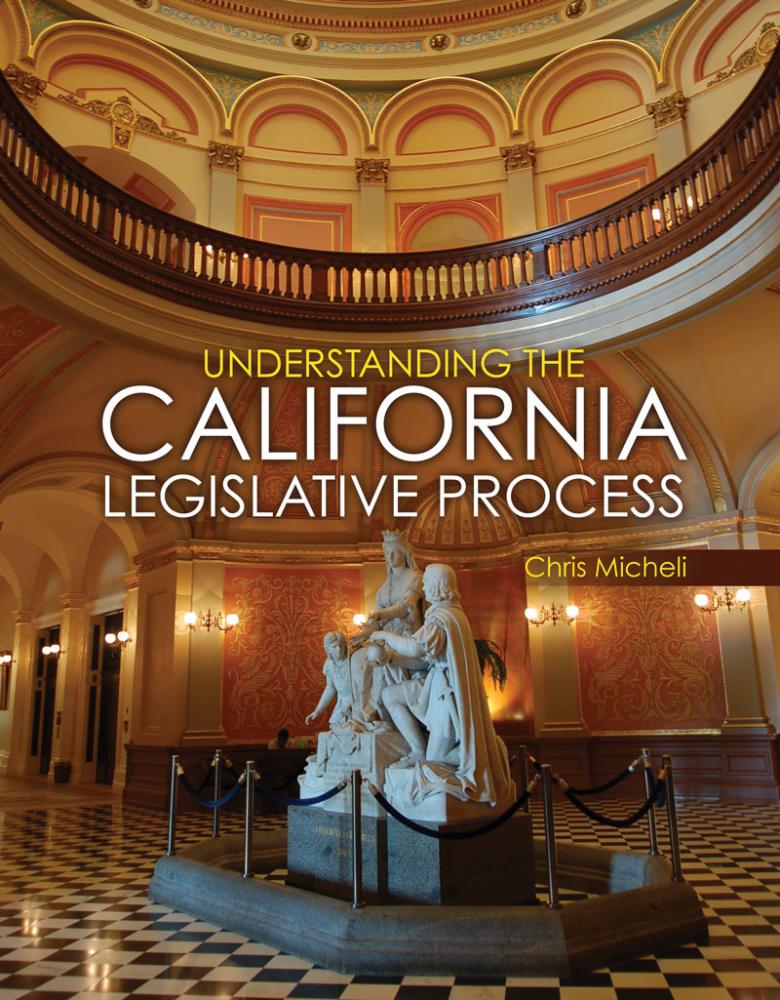
The Legislative Bill Room, California State Capitol. (Photo: ca.gov)
Writing Sentences in Legislative Measures
Putting these sentences together will give effort to the proposed statute
By Chris Micheli, November 9, 2020 6:19 am
With the legislative drafter, compiling sentences for a complete legislative measure takes a good amount of work. Putting these sentences together will give effort to the proposed statute. What form can these sentences take? Well, there are many according to Athabasca University’s Graduate Diploma in Legislative Drafting program, including:
Conferring a right – a statute may confer a right on an individual that he or she can exercise.
Conferring a power – a statute may confer a power on an individual to authorize a power that can be used.
Conferring permission – a statute may confer permission for an individual to do something.
Conferring immunity – a statute may confer immunity on an individual, such as an elected official.
Imposing a duty – a statute may impose a duty on an individual to perform a specified act.
Creating a liability – a statute may create a liability for an individual who fails to perform a specified duty.
Creating an administrative requirement – a statute may create an administrative requirement upon an individual by imposing a specified procedure.
Creating a prohibition – a statute may create a prohibition on an individual prohibiting someone from doing a specified act.
Creating an offense and a penalty – a statute may create an offense and penalty, in both civil and criminal instances, for an individual who commits a specified act.
Declaring legal consequences – a statute may declare the legal consequences for an individual who engages in a specified act.
Declaring legal effects – a statute may declare the legal effect for an individual who engages in a specified act.
Providing a definition – a statute may provide a definition for a specified term.
Providing an interpretation – a statute may provide an interpretation for a statute or a court decision.
Stating a purpose – a statute may state a purpose of a legislative enactment.
Stating the application of rules – a statute may state the application of rules to an individual who engages in specified activities.
Constituting a body – a statute may constitute a body, such as the creation of an executive branch administrative department or commission.
- Endangered Species Regulation - February 19, 2026
- Renewal of Judgments - February 18, 2026
- Hearings on Third-party Claims - February 18, 2026




